Early Life
During the 1960s, American Civil Rights activist Malcolm X espoused Pan-Africanism and urged his supporters to retaliate against their oppressors “by any means necessary.”
Malcolm Little was exposed to violence at a young age as a result of the harassment his parents, who were both activists, frequently faced from organizations like the Black Legion and the KKK because of the sermons about civil rights that his Baptist minister father gave.
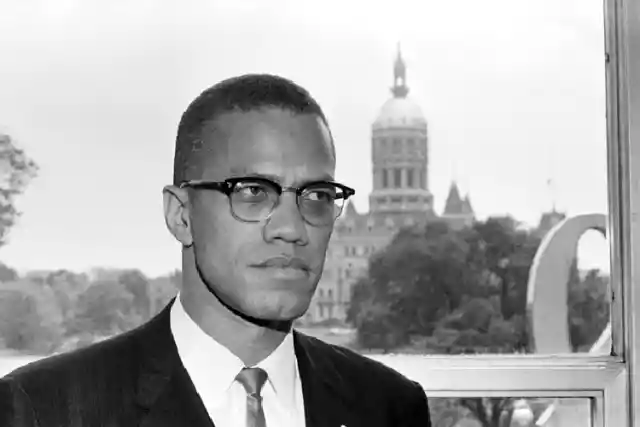
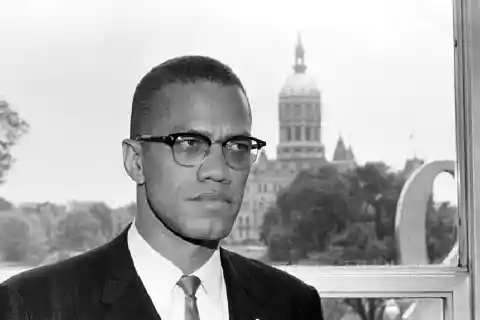
At age six, Malcolm X lost his father in what was officially considered a streetcar accident but many in the neighborhood believed it to be a murder committed by the Black Legion. In 1929, his home was burned down, with suspicions leveled at the Black Legion.
Malcolm X’s family experienced severe poverty following the death of his father, and his mother was ultimately institutionalized. Despite his academic success, Malcolm X’s white lecturers advised him against going into law and instead advised him to learn a job like carpentry. He eventually quit school out of disillusionment and began committing minor crimes. He was detained for breaking and entering in 1946 and given an eight-year prison term.
Life In Prison
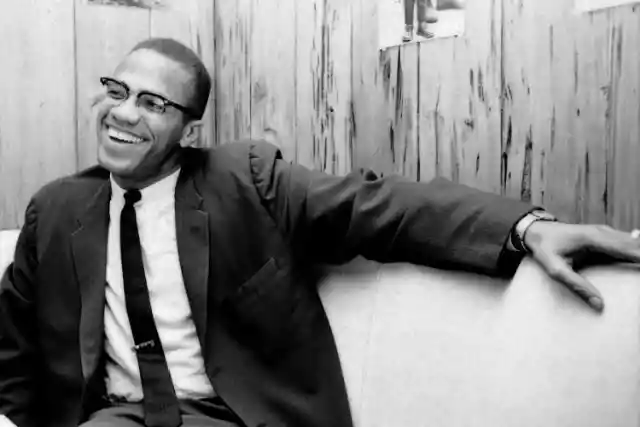
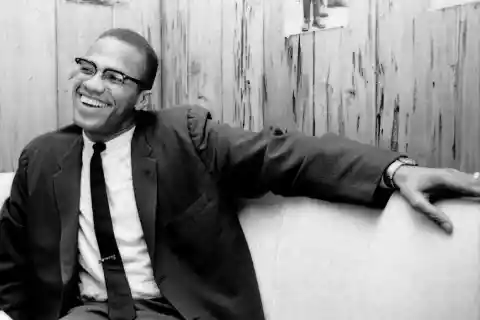
While incarcerated, Malcolm X immersed himself in books, found religion, and developed a strong interest in the Nation of Islam, a black nationalist group. He, therefore, abandoned the surname “Little,” calling it a “white slavemaster moniker,” and substituted a plain “X” for the illegible name his family had used while they lived in Africa. After being freed, he joined the N.O.I. and, using his charisma and oratory abilities, started ministering in Harlem to increasingly larger audiences.
Malcolm X, however, was not opposed to using force in retaliation when the L.A.P.D. attacked a Nation of Islam mosque, crippling one member and killing another. “Let [the white man] know that he shouldn’t have a house if he’s not prepared to clean it up. It ought to start burning.” His message was in stark contrast to that of modern Civil Rights leader Martin Luther King, Jr., who insisted on nonviolent methods despite the fact that his supporters were hurt or killed by the actions of the police and organizations supporting white supremacy. Malcolm X referred to King as a “new Uncle Tom” and said he could not support such “defenselessness.” Malcolm X was being watched by the N.Y.P.D. and the F.B.I. due to his controversial message.
A Change Of Fate
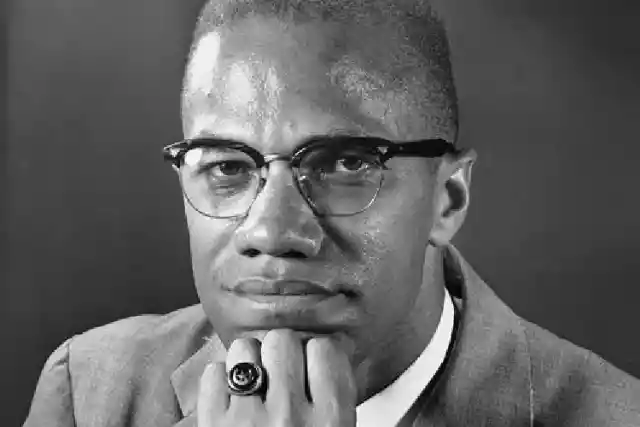
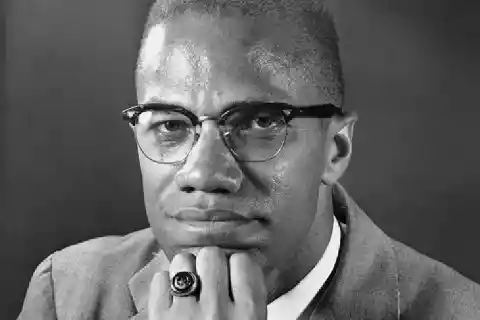
The subsequent fight he had with the Nation of Islam itself, nevertheless, may have been the cause of his downfall. He left the ministry following a disagreement with his tutor Elijah Muhammad in order to tour the world and interact with other followers of the faith. He eventually converted to Sunni Islam and went to Mecca. His opinions shifted a little over this voyage, and he gradually learned to respect King’s viewpoint, even if he didn’t agree.
On March 26, 1964, the two met in person for the first and only time to discuss pending legislation in Washington, D.C. They had a quick meeting but agreed to get together again soon, not knowing that one of them wouldn’t live another year.
His Assassination
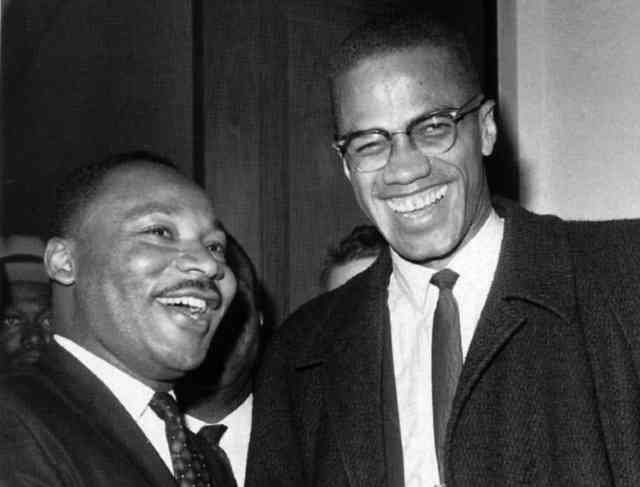
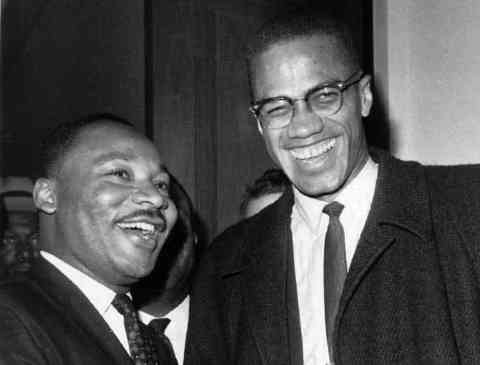
Malcolm X publicly accused Elijah Muhammad of abuse of power and polygamy after he left the N.O.I., intentionally putting himself in danger of retaliation. It came as no surprise when three N.O.I. members were detained and ultimately found guilty of his murder after he was shot 21 times at a theater on February 21, 1965.
Malcolm X, however, had a sizable enemy base at the time of his passing, and many in the neighborhood thought there was a broader plot involving the N.Y.P.D. and/or the F.B.I. They may have been correct since, after 56 years, two of the three condemned (one has passed away in prison) were declared innocent. It was later discovered that the F.B.I. had withheld information that might have cleared the suspects.